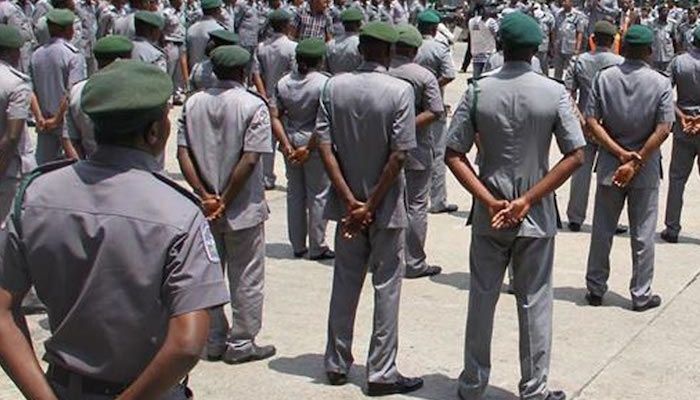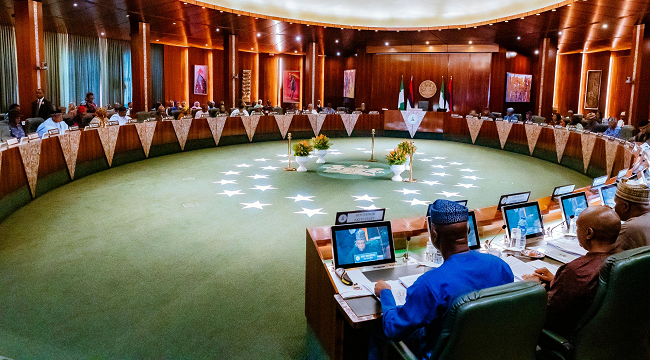The first image that comes to the mind of an average citizen when the Nigeria Customs Service (NCS) is mentioned is corruption. As an organisation responsible for the collection of duties, tariffs and taxes that run into billions of naira every year, the exposure of men and officers of the service to high financial transactions is rivalled, perhaps, only by that of agents of the Federal Inland Revenue Service (FIRS).
Established in 1891 by the British colonial administration, what is today called the NCS should rank as one of the oldest statutory organisations in the country. Its evolution from an agency of the colonial government for the collection of inland revenue through the creation of two units – maritime and preventive – to the transformation in post-independent Nigeria has cast the organisation in a garb that has left it difficult to discern.
Although it is classified as a paramilitary agency, however, unlike its peers in Immigration and Prisons, it is scorned as corrupt, derided as undisciplined and neglected as undeserving of any attention.
The public perception of the Customs is largely justified. Over the years, it has been subjected to visionless leadership and staffed by officers and men who see the organisation purely as booty to be plundered. In terms of revenue collection, the Customs has routinely betrayed the nation, compromised with those that evade the payment of appropriate duties and tariffs and has been ineffective in curbing smuggling.
Read Also: E-customs is not a concessionary project – Customs
However, today’s Customs is out of place with the establishment that was taken over from the British on attainment of independence. The evolution of post-independence NCS is a tale of politicisation and emasculation. With the Customs’ growing perception as a cash cow came unmitigated interference from powerful political, regional and even religious interests that sought to install their loyalists in strategic positions. The net effect of this interference was such that for 15 years, there was no recruitment in the service as available spaces were filled by people that transferred their services from other tiers and agencies of government while indiscipline became entrenched. The politicisation saw the transfer of the service from the finance ministry to internal affairs in 1985 with the transfer voided seven years later in 1992.
The task before Bello Mohammed, a veterinary doctor and one-time minister of communications under the Olusegun Obasanjo adminstration who chairs the committee for the reform of the NCS is enormous. As a former comptroller general of the Customs, he understands the nature of politicisation the service has undergone and its impact on morale and discipline of the rank and file.
The major concern of government is the pervading corruption in the service. However, there is no quick fix solution to the issue, neither is it one directional. The NCS is only one amongst an unwieldy group of agencies and organisations involved in the implementation of the Comprehensive Import Supervision Scheme (CISS). A reform of the Customs, invariably, is akin to reforming the scheme. The Customs is an integral part of an intricate web that has made Nigeria’s import duty collection machinery one of the most abused.
A crucial role is played by officials of the Federal Ministry of Finance who routinely and for less than noble reasons issue duty waivers, tariff amendments and sundry directives that the service is obliged to execute since it is under the ministry’s supervision.
The first ground rule is for professionalism to be restored and the agency shielded from interference by bureaucrats and politicians. As the Customs is not in isolation, the reform should incorporate the review of the entire cargo delivery process with a view to reducing the impact of the human element in the clearing process. In effect, there should be greater application of information technology in the cargo delivery process. This is in addition to reducing drastically the number of agencies involved in the process.
This will free more operatives of the Customs for deployment to the borders to check activities of smugglers. Too many officials of the service are deployed to the ports without adding value to the process. At the end of the day, the success of any reform agenda will largely depend on the willingness of government to let go of its strangle hold on the service and give it the latitude to execute its statutory functions.











